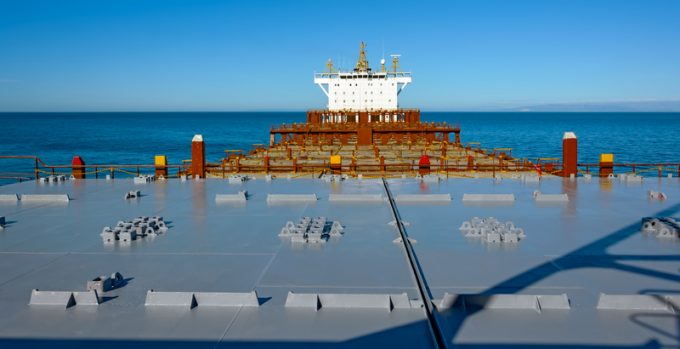Dachser launches expedited China-US LCL service to cut through congestion
Dachser has launched an expedited China-US less-than-containerload (LCL) service to help shippers cope with the ...

There was something profoundly weird about The Loadstar’s leading news items yesterday. They appeared totally at odds with one another.
On the one hand, it now appears that shipping giants MSC and CMA CGM are building vessels that will nearly reach 24,000 teu, leading Alphaliner to ...

Comment on this article
Andrew Craig-Bennett
November 10, 2017 at 12:52 pmA very very interesting article, as is the interview with Tommy Liu which it links to.
Of course, I am happy to see this as evidence in support of what I have been saying in my column in “Splash 24/7”, but seriously I hope a lot of people will take this to heart.